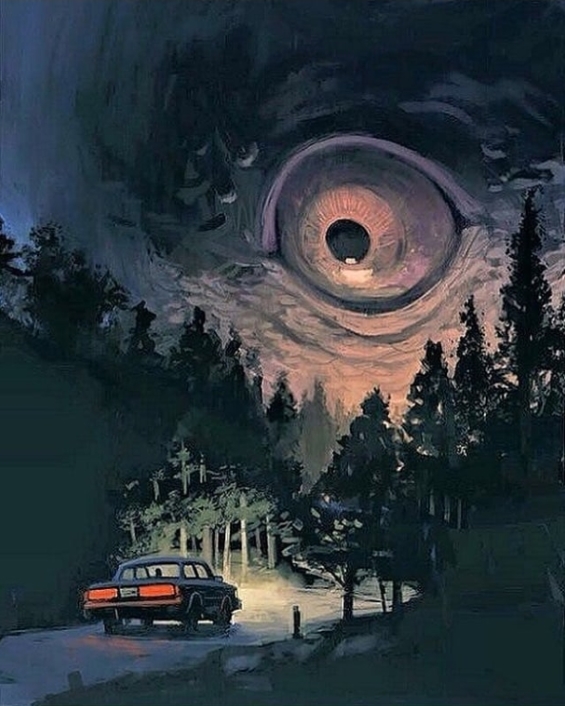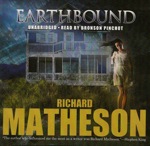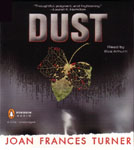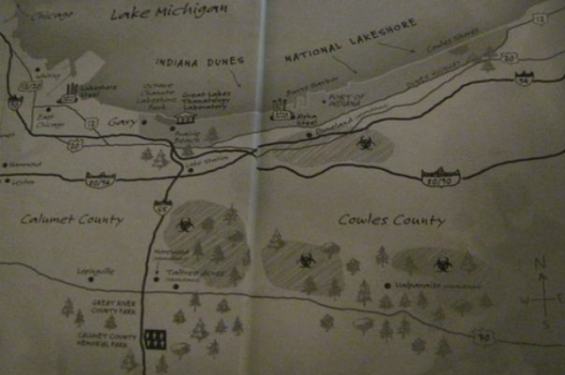
 The SFFaudio Podcast #094 – Jesse talks with Julie Davis and Gregg Margarite about Audible.com’s audiobook of Gulliver’s Travels by Jonathan Swift (as narrated by David Hyde Pierce)
The SFFaudio Podcast #094 – Jesse talks with Julie Davis and Gregg Margarite about Audible.com’s audiobook of Gulliver’s Travels by Jonathan Swift (as narrated by David Hyde Pierce)
Talked about on today’s show:
MindSwap by Robert Sheckley (SFFaudio Podcast #076), Laputa, Lilliput, acting like a Fox News commentator, the new movie version of Gulliver’s Travels, scatological humor, Spark Notes on Gulliver’s Travels, the history of censoring Gulliver’s Travels, Gulliver’s Travels illustrations, essays about farts, high-heels and the low heels (are Tories and Whigs) vs. the big endians and the small endians (are protestants and Catholics), the definition of satire is that the story is so clever you don’t recognize it, comparing Mark Twain to Jonathan Swift, Mark Twain’s new/old autobiography, Grover Gardner, is there a biography of Jonathan Swift?, Jonathan Swift was a cleric?, too many atheist ministers in the Anglican church, The United Kingdom is a theocracy, A Modest Proposal, Swiftian sermons, Ireland, Queen Anne, Audible.com’s edition of Gulliver’s Travels, Jorge Luis Borges, he lies in all possible directions at once, difficulties with pronunciation, how long until the release of The Zombies Of Blefuscu?, Van Diemen’s Land (Tasmania), Brobdingnag (land of the giants), Gulliver in Lilliput is every little boy’s fantasy (Gulliver is like Godzilla), is there a uniting theme to each section?, “your massive manliness”, an inventory of contents of Gulliver’s pockets, Gulliver’s pocket-watch is his god, the most immediate way to go to prison is to act as if the time is not what the consensual hallucination that is Standard Time isn’t, time, the humor doesn’t translate well to video, the Ted Danson Gulliver’s Travels miniseries, The Scarlet Letter, Ten Things I Hate About You, The Taming Of The Shrew, Easy A, a visual/literary double entendre, a well shot bon mot, John Cassavetes, The Tempest, Hellen Mirren as Prospero, Ian McKellen’s Richard III, Forbidden Planet, Joseph Gordon-Levitt, Brick, Westerns, Firefly, remix culture = culture, Dante’s Inferno, Sergio Leone, virtuous pagans, Laputa (is Ireland), floating islands (and flying islands), Isaac Asimov’s annotated Gulliver’s Travels, science, the vaccine-autism link debacle, the proper procedures for science (ask questions don’t), marble pillows, “people are people are people”, Balnibarbi, Bangsian Fantasy, Luggnagg, Pushing Daisies, Torchwood, John Irving’s The World According To Garp (and the Robin Williams movie version), the unfortunately immortal Struldbrugs, the Struldbruggian mark reminds us of Logan’s Run, The Monkey’s Paw by W.W. Jacobs, Houyhnhnms, Edo Japan, Fumi-e, making fun of the travelogue, Stockholm syndrome, wearing yahoo skins, Gulliver is a cipher, existentialism, the waiter lives in bad faith, “don’t put down SparkNotes”, the romantics, who are the yahoos really?, “what you’re actually supposed to do in life”, “our faculties are fit like a horse’s are for running…”, “since we’re talking about finding the meaning of life…”, “and now the religious fanatic part starts to come out…”, pushing atheism on other people by denying their gods (like Zeus), Jehovah’s Witnesses, evangelical atheism is an oxymoron, ‘you can’t reason somebody out of something they weren’t reasoned into’, a misogynist’s club, the problem with polytheism, “people reading the astrology section of the newspaper are going to get us all killed”, rating the classics, dissecting a snowflake with a sledgehammer, books that teach you how to be seditious are extremely valuable, Dante Alhegeri’s Inferno, cognitive dissonance, why South Park is so important (it’s seditious), The Rocky and Bullwinkle Show, The Simpsons, “critical thinking” means it is really important that you think, Craftlit, The Turn Of The Screw, Earth Abides, The Reapers Are The Angels by Alden Bell |READ OUR REVIEW|, the Epic Of Gilgamesh, Gilgamesh The King by Robert Silverberg, Julie is appreciative of the Socratic SFFaudio style, A Good Story Is Hard To Find podcast, Black Cherry Blues by James Lee Burke, the meaning of catholic is universal, orthodox Catholic vs. unorthodox Catholic (cafeteria Catholic vs. conservative Catholic), an open source view of God (via mgfarrelly in a Boing Boing comment), Taylor Kent’s “if you don’t know Jesus you’re screwed” outro, Scientology, was the virgin Mary a surrogate mother?, Gregg expects to be in purgatory, The Book Of Eli, The Road, Mad Max, “the thing that is not” (lies), utopia, “words are the root of all problems as in we don’t match them to reality very well”, The Invention Of Lying, Ricky Gervais, Earth Abides, In Brouge, “that was the most moral extreme violence I’ve ever seen”, Belgium.


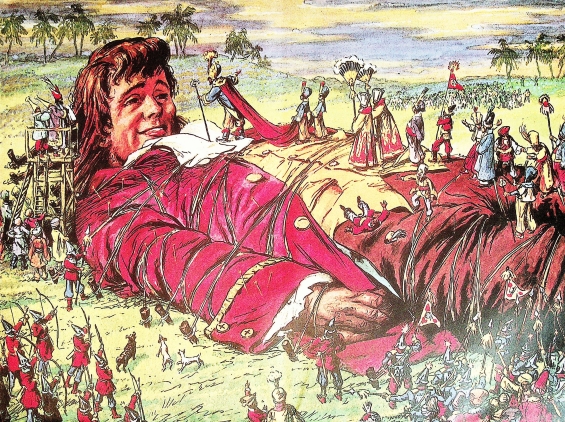
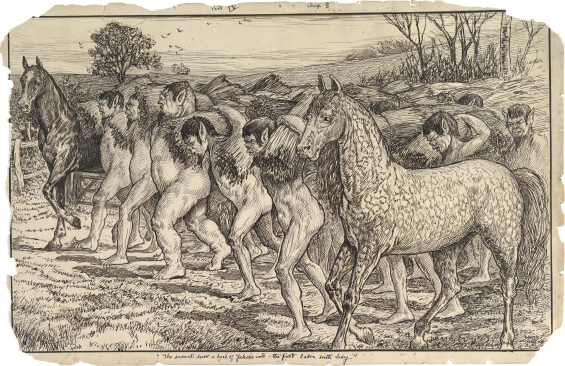

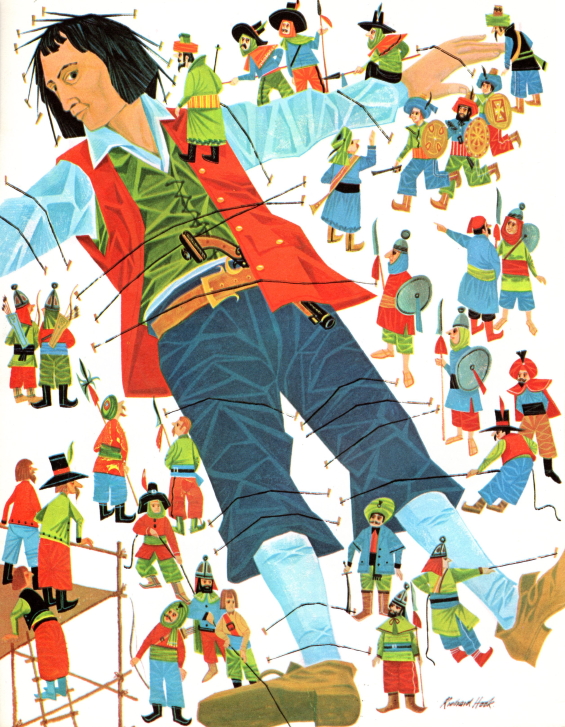
Posted by Jesse Willis

 The Library Of Babel
The Library Of Babel

